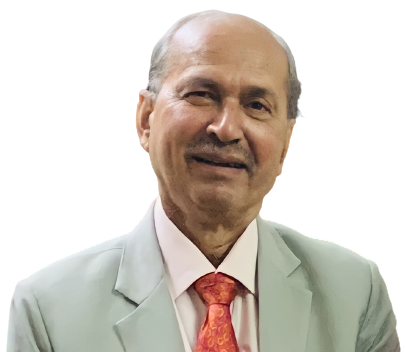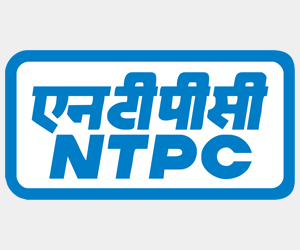whispers in the corridors

Zulfikar Ali Bhutto (1928-1979)
Zulfikar Ali Bhutto served as the President of Pakistan from 1971 to 1973 and as Prime Minister from 1973-1977. He founded the PPP (Pakistan People’s Party) n 1967. His father was a Diwan of the Princely State of Junagadh (now in Gujarat) and was very influential with the British Raj. As a young boy Bhutto (1928) moved to Worli Sea Face in Bombay to study at Cathedral and John Conon School and then moved to study at the Universities of California and Oxford. He had a meteoric rise in his political career becoming the youngest member of Pakistani delegation to the United Nations in 1957. He became a trusted aide of Pakistan Premier General Ayub Khan who appointed him as his Foreign Minister in 1963.
On March 5 1963, Bhutto signed a Sino-Pakistani Territorial Boundary accord by giving away 750 square kilometers of land in the Pakistan Occupied Kashmir to China. Earlier in 1962 when Zhou en Lai and Mao of China invited Pakistan to join hands with China to rest the State of Jammu and Kashmir from India, Bhutto jumped at the idea but President Ayub Khan not only shot it down but proposed “joint defence union” with India. Bhutto was horrified at this idea and felt that Ayub was lacking in basic knowledge of international relations. In 1965, on Bhutto’s advice, Ayub Khan launched the operation Gibraltar to liberate Kashmir but that ended in a total fiasco as the Indian troops inflicted a crushing defeat on the Pakistan army. In January 1966, he had to eat the humble pie when he accompanied President Ayub to meet the Indian Prime Minister Lal Bhadur Sastri in Uzbekistan to negotiate a peace accord. This made Ayub highly unpopular and Bhutto resigned from the Cabinet accusing Ayub Khan as incapable. When Bhutto came to know about India’s nuclear programme, he justified starting a nuclear programme for Pakistan on the ground that the Jewish (Israel), Christian (South Africa) and Hindus (India) had built nuclear capability and Islamic civilization should not lag behind.
In the Shimla Agreement with Mrs. Indira Gandhi in 1972, Bhutto received 93000 POWs and recovered 13,000 square km. of land held by India. That was an excellent opportunity for India to recover the Pakistan Occupied Kashmir but Mrs. Gandhi somehow had not insisted on Pakistan’s withdrawal from POK though Bhutto was in no position to negotiate as he was a passive witness to the birth of Bangladesh. In my view, it was a missed opportunity.
Pakistan Under Bhutto is the title of a book written by Shahid Javed Burki, who was a Rhodes Scholar at Oxford who joined the Civil Service of Pakistan (CSP) in 1960. After the civil service was dismantled by Zulfikar Ali Bhutto who served as General Yahya Khan’s Prime Minister, Burki joined the World Bank in 1974. Javed Burki officiated as Pakistan’s Finance Minister for a while in 1996-97. I used to know him when I was a graduate student at Penn State, USA under the pilot group of Hubert H. Humphrey Fulbright Fellowship in 1979-80 as he used to visit State College Pennsylvania to meet my Advisor Professor La Porte Jr. over week ends.
The main thesis advocated by Burki in his book s that while a civil servant might be a source of irritation and nuisance, he could never pose a threat to the political power at the top. When the steel frame of the civil service is subject to meddling by the political bosses, it will lead to the defence chiefs asserting themselves that could pose a threat to the political power. As Prime Minister of Pakistan Bhutto used to treat his civil servants with little regard or respect. He used to send his favorites to plum foreign assignments but when they return to Pakistan after completion of their tenure Bhutto used to note LBW on their files which meant “Let the Bastard Wait” and will make it known to everyone. He promoted Zia ul Auk to General overlooking several others senior to him but after promoting him he used to treat General Zia ul Haq like a door mat and make him stand before him removing all the chairs in his room. It was a court in Pakistan that gave Bhutto death sentence but General Zia ul Auk simply kept quiet though he did enjoy the powers of giving him pardon. There was hue and cry from all parts of the world that included the US President Jimmy Carter to stop Bhutto’s execution. Bhutto was hanged at Lahore on April 4, 1979.
Dr Sitharam Gurumurthi IAS (TN 1972) Retired
Founder Chairman
Sri Sardar Vallabhbhai Patel School for Monetary Economics, Chennai


























